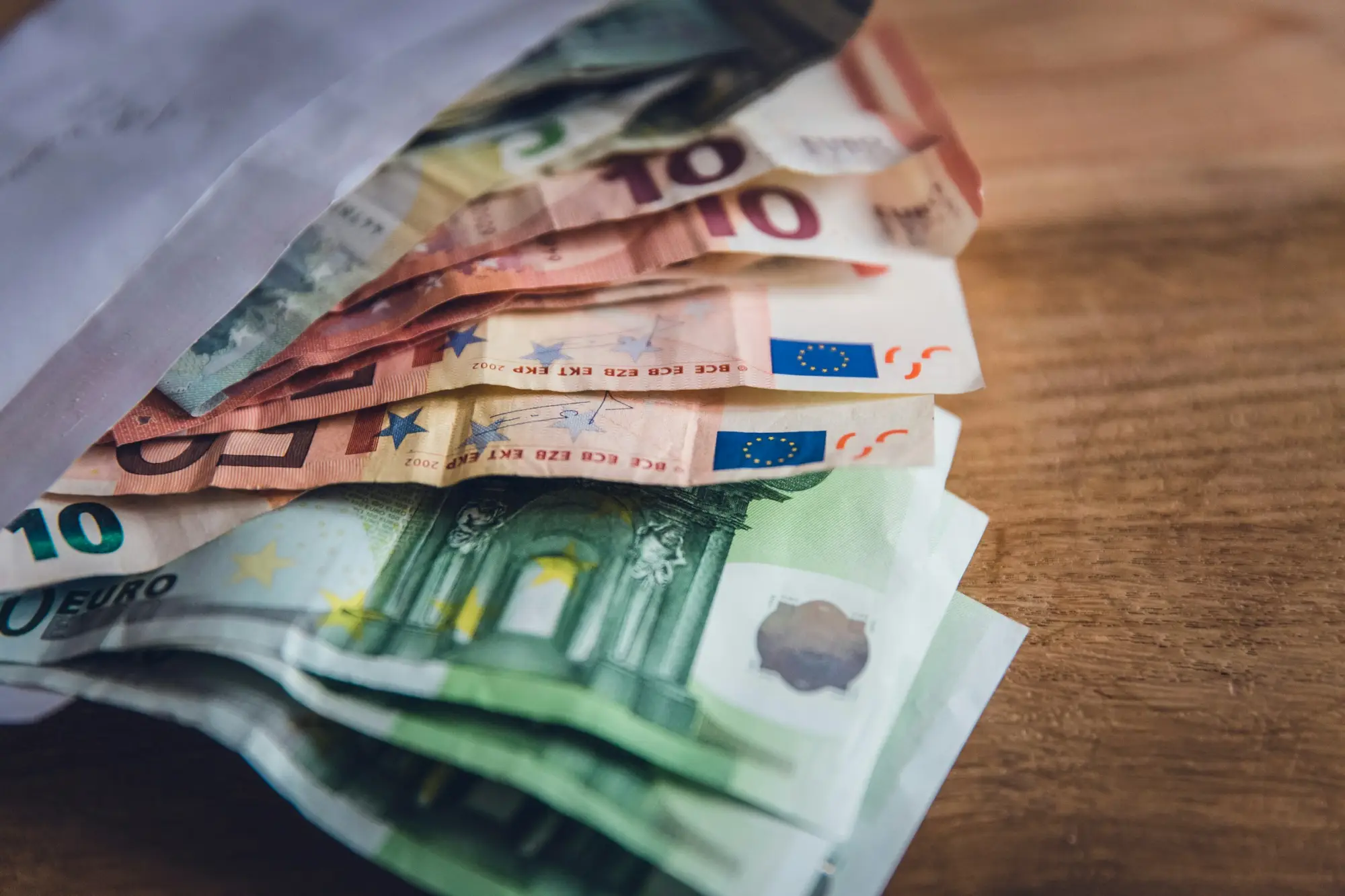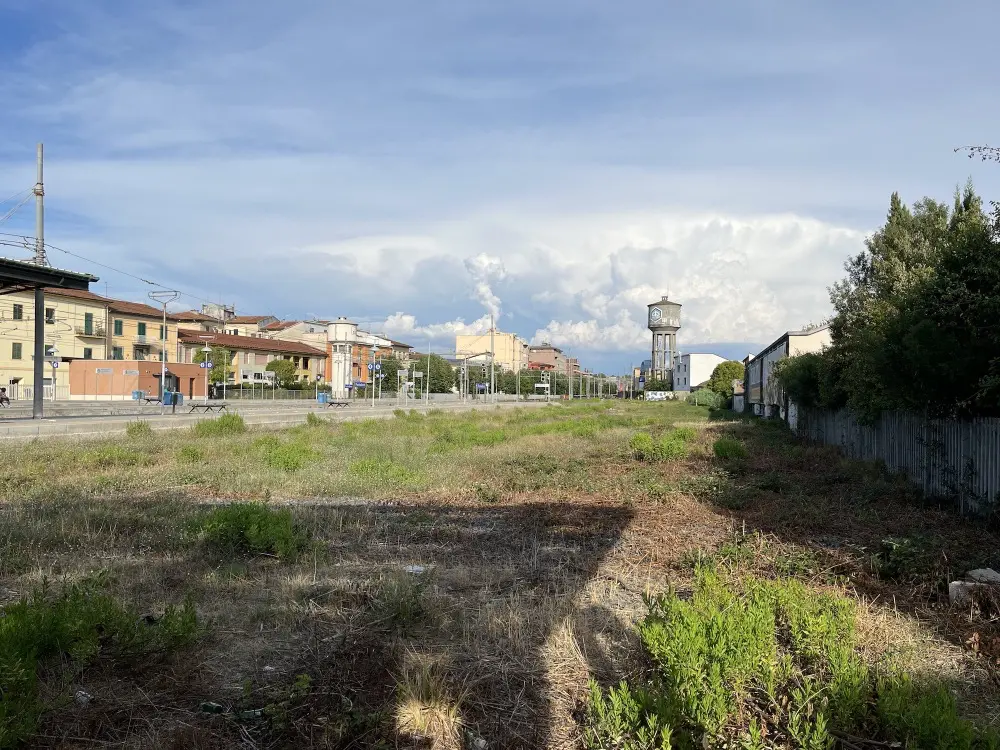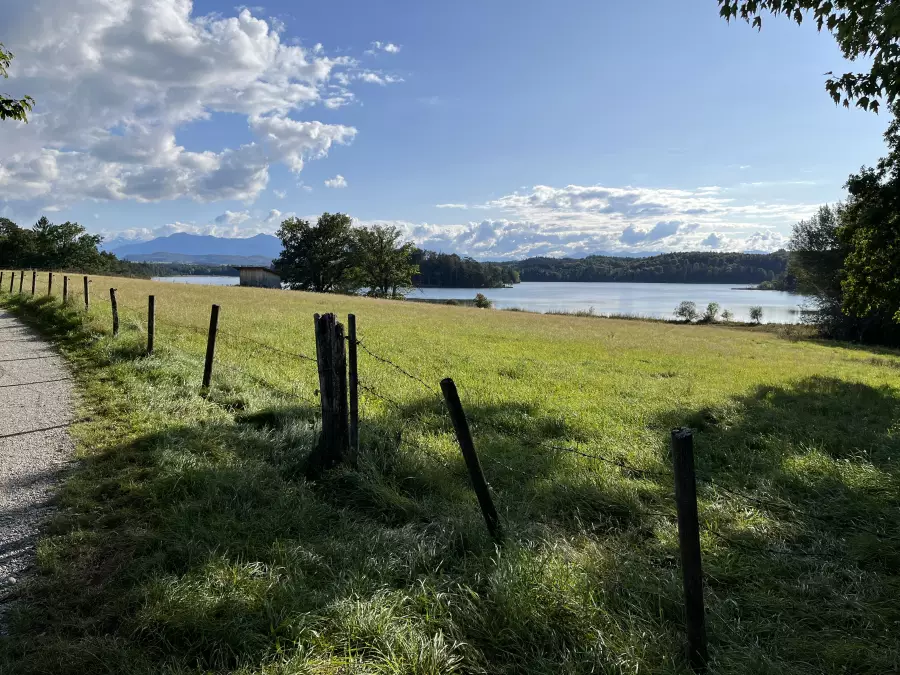
Opinion
Structural corruption.
Posted
12 July 2025
In Spain, corruption is not an anomaly. It’s a constant. It has always been part of political life. Every so often, a new scandal hits the headlines: illegal commissions, rigged contracts, tax evasion, influence peddling. And, as always, the reactions are predictable: brief outrage, empty statements, and then… nothing. The cycle repeats. And the most worrying part is that it no longer even surprises anyone.
What is happening in Spain is not just a series of isolated cases. It’s a way of functioning. A form of structural corruption that has embedded itself in institutions, political parties, public administration, and, to some extent, in the country’s political culture. We’re not just talking about envelopes full of cash or urban development schemes. We’re talking about a network of clientelist relationships, mutual favors, revolving doors, and complicit silences. We’re talking about a system that protects itself.
Compared to Northern European countries, the contrast is stark. Denmark, Finland, or Sweden are not utopias, but they have managed to build solid, transparent institutions and a political culture where resignations happen at the slightest sign of irregularity. There, taxes are extremely high, but so is the quality of public services. Citizens pay taxes, yes, but they know that money comes back in the form of education, healthcare, infrastructure. And above all, they trust that it’s not being stolen along the way.
When citizens perceive the system as unfair, tax evasion stops being a crime and becomes a form of self-defense.
In Spain, by contrast, the tax burden is considerable, but actual revenue is undermined by a vast informal economy. And that’s no coincidence. When citizens perceive the system as unfair, when the powerful don’t pay, when politicians shield themselves, tax evasion stops being a crime and becomes a form of self-defense. “If they do it, why shouldn’t I?” And so the vicious cycle feeds itself: corruption, distrust, evasion, institutional weakening… and back to the beginning.
Some relevant figures:
of information obligations (ICIO) are fulfilled by political parties in Spain.
Haz Revista
Spain’s score in the 2024 Corruption Perceptions Index (surpassed by countries like Latvia and Slovenia, and shares the same score as Cyprus and the Czech Republic).
Transparncy International
of Spaniards trust their national government. In contrast, 51% of Europeans trust the institutions of the EU.
Eurobarmeter
Education could be a way out. But here lies another trap: the most corrupt countries tend to neglect —if not sabotage— their public education systems. A well-educated, critical, and informed citizenry is dangerous to those who thrive on the abuse of power. That’s why public education is cut, civic education is emptied of content, and inequality is fostered from the classroom. Meanwhile, social media —once seen as tools of democratization— have become factories of disinformation, polarization, and noise. Instead of empowering, they confuse. Instead of uniting, they divide.
Structural corruption is fought with democratic culture, strong institutions, and a citizenry that refuses to give up.
Can we escape this labyrinth? In theory, yes. There are possible reforms: real judicial independence, radical transparency in public procurement, effective protection for whistleblowers, civic education from childhood, and citizen participation in holding power accountable. But let’s be honest: none of this will happen without clear political will. And that will does not exist. Because those who should drive change are often the very ones who benefit from the current system.
Structural corruption is not fought with statements or laws that no one enforces. It is fought with democratic culture, strong institutions, and a citizenry that refuses to give up. But when that citizenry is tired, misinformed, or has simply learned to survive within the system, change becomes a mirage.
Perhaps that’s why, more than outrage, what many feel today is a mix of resignation and cynicism. As if corruption were part of the landscape. As if there were no alternative. And maybe, deep down, that’s the most dangerous thing of all: that we’ve stopped believing things can be different.



